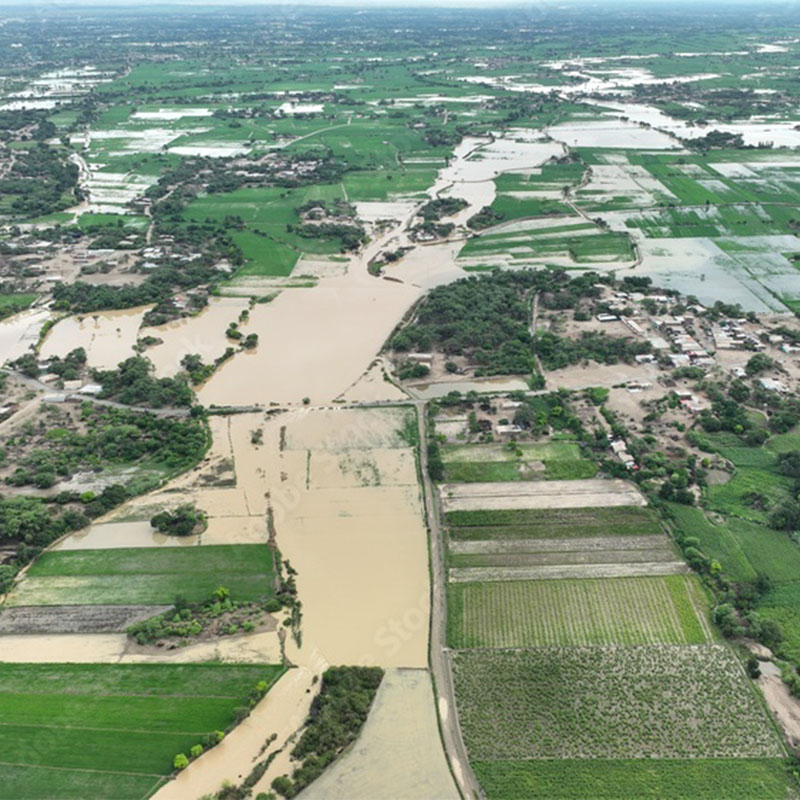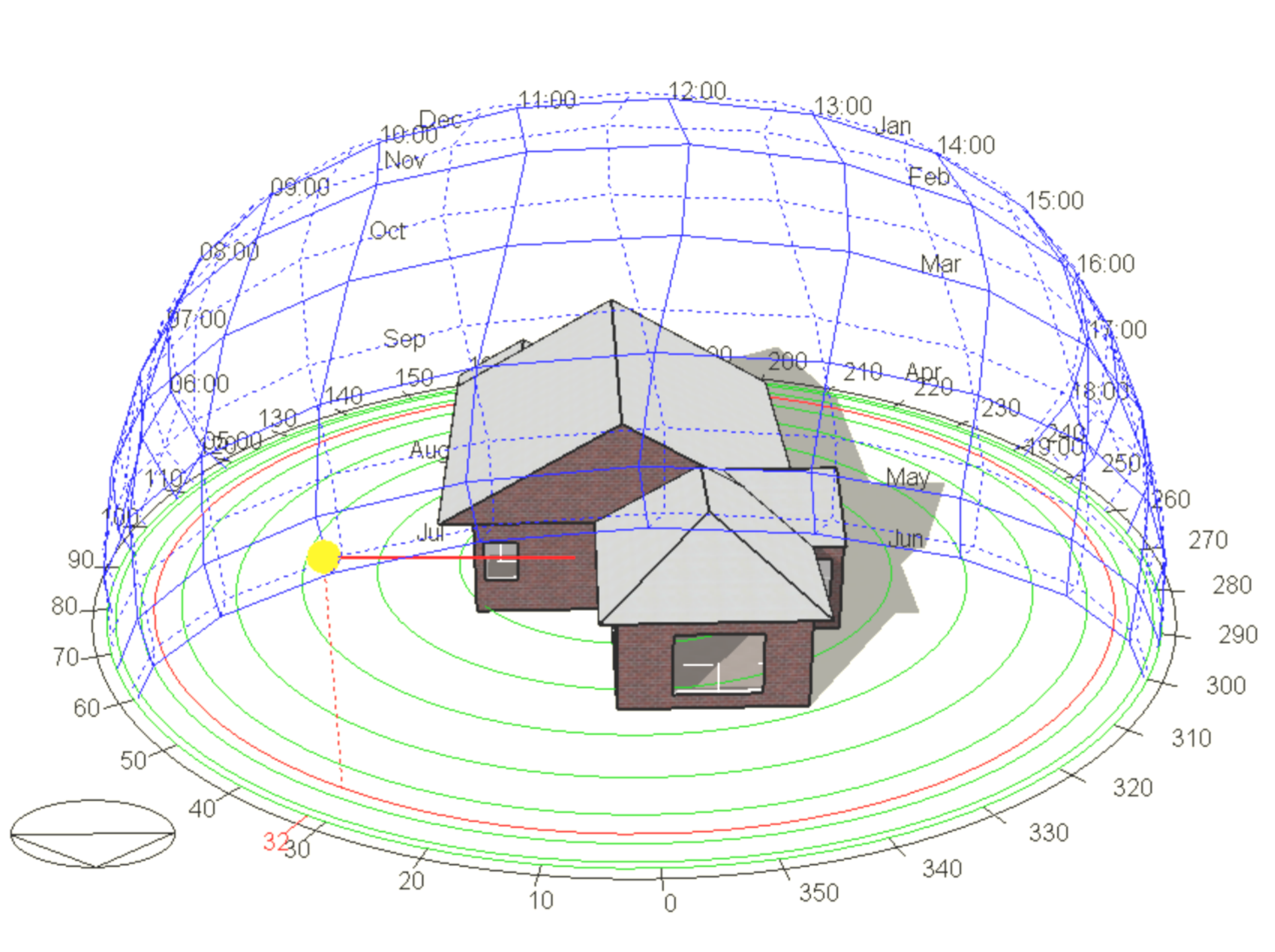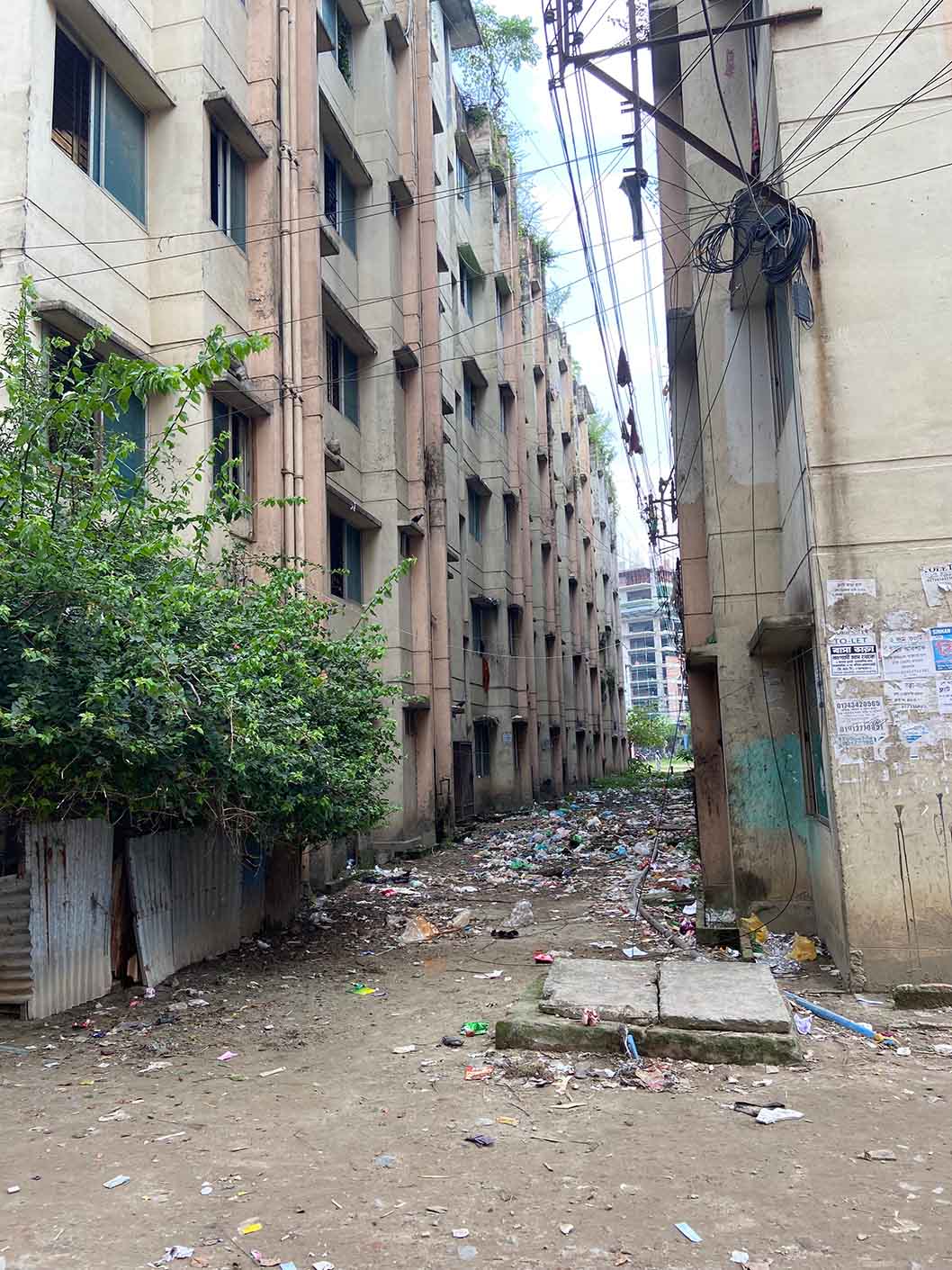
Urban Futures Abstracts
School: Global, Urban and Social Studies
Presentation: Confirmation of Candidature
Title: Flood disasters in Peru. An exploration to floods from 2017 Coastal El Niño in Chancay-Lambayeque subbasin
Abstract: Peru is one of the three countries in Latin America and the Caribbean where floods are the most recurring hazard (UNDRR, 2023), yet there is limited scholarly literature within the local context that considers flood disasters through a social constructivist lens and from the multidisciplinary perspectives of disaster and flood management, and urban planning. Although floods have been a common occurrence in Peru, climate change is exacerbating their impacts. Chancay-Lambayeque subbasin faces significant flood challenges, particularly during El Niño events, along with issues related to water management for a rapidly growing population and economic development. Floods result from natural processes; however, they become disasters due to human decisions, such as controlling river systems or allowing development on flood plains. Consequently, flood disasters occur at the intersection of socio-economic, political, and environmental factors. Understanding these factors, namely, the genesis of flood disasters might enable stakeholders to design and implement appropriate strategies and policies. Further in-depth interviews with individuals that affect and are affected by flood disasters is needed to explore underlying causes that allow disaster-making patterns to proliferate. This research addresses critical literature gaps and challenges encountered in the Peruvian context. It employs a case study method to explain, illustrate, and elucidate lived experiences of people in Chancay-Lambayeque subbasin, who experienced 2017 Coastal El Niño. The research aims to unveil ifflood disasters are discursively framed and the consequences of such framing in real-world developments.
Image credit: Adobe Stock

School: Global, Urban and Social Studies
Presentation: Confirmation of Candidature
Title: Modelling Heterogeneity of Electric Vehicles Charging Demand in Melbourne: An Agent-based Modelling Approach
Abstract: The focus of this research is on Melbourne, where the development and promotion of electric vehicles are at an early stage comparing other cities in Europe, China and the US. Despite Melbourne’s progressive policies towards reducing carbon emissions, the development of EV as a kind of ZEV is significant to achieve the targets. The number of EVs in Melbourne is expected to increase substantially over a long period in the future, which will bring many potential challenges to traffic system. Employing agent-based modelling, this study assesses the impact of residential building type on EV charging behaviour and explores the strategic allocation of public charging infrastructure. The approach enables the projection of future charging demands under different EV adoption and electrification scenarios. Furthermore, this research also evaluates various public infrastructure allocation strategies to analyse their efficacy in optimizing traffic flow and accessibility. The result will highlight the significant influence of residential heterogeneity on charging demand and the performance of infrastructure strategies in promoting efficient urban mobility. These insights are instrumental for policymakers and urban planners, providing a data-driven basis for developing sustainable, scalable, and equitable transportation infrastructures that align with Melbourne’s environmental targets.
Image credit: Adobe Stock

School: Global, Urban and Social Studies
Presentation: Second Milestone Review
Title: Investigating Neighbourhood-Built Environment Push-Pull Factors on Ageing-in-Place, and Physical Functioning Outcomes
Abstract: The global population is witnessing a significant surge in the number of older adults, necessitating urgent attention to address their health and well-being. As people age, they often experience poorer health and functional disabilities, leading to a loss of independence and lower quality of life. It prompted governments to identify neighbourhood features facilitating good health and well-being and preventing age-related diseases and decline in physical functioning. Therefore, understanding how neighbourhood features are associated with physical functioning and the role they play in older adults' decisions to age in place or relocate are crucial.
This thesis aims to investigate the association between neighbourhood-built and social environment variables and physical functioning among older adults, considering the neighbourhood features that assist with ageing in place (i.e., a pull factor) compared to features that discourage ageing in place (i.e., a push factor). It has significant policy implications for addressing the needs of this demographic and creating healthy neighbourhoods to support them. A mixed method (qualitative and quantitative) research design will be used. Focus groups will be conducted in Brisbane to gather insights and preferences of older adults related to ageing in place and push-pull factors. Additionally, data from the HABITAT longitudinal survey will be interrogated to explore associations between neighbourhood features and physical functioning of older adults who have relocated and those who have remained in their neighbourhoods by descriptive analysis and multilevel logistic regression models.
Image credit: Adobe Stock

School: Property, Construction and Project Management
Presentation: Confirmation of Candidature
Title: Towards the Development of a Conceptual Model for Better Adaptation of Floodwalls Design to Climate Change
Abstract: The increasing frequency and severity of floods due to climate change necessitate innovative approaches to floodwall design. This research aims to establish a conceptual model for Climate-Adaptive Floodwall Design (CAFD) to enhance the resilience of urban floodwalls in Australia and Vietnam. Through a systematic literature review (SLR), key barriers and limitations will be identified, and critical success factors (CSFs) will be analysed by comparing Traditional Floodwall Designs (TFD) with CAFD. Both quantitative and qualitative data will be collected via stakeholder surveys and interviews, utilising Fuzzy Synthetic Evaluation (FSE) and Geographic Information Systems (GIS) for spatial analysis. Systems Thinking (ST) and Multicriteria Decision Analysis (MCDA) will inform the development of the conceptual model, while Sensitivity Analysis (SA) and Empirical Testing (ET) will validate it. This research proposes a comprehensive adaptive framework for resilient floodwall designs, integrating environmental, socio-economic, and technical factors into an orderly decision-making tool to manage flood risks in diverse contexts. As such, this study makes a significant contribution to floodwall design methodology, offering city planners and engineers enhanced preparedness for future climate-related challenges.

School: Property, Construction and Project Management
Presentation: Second Milestone Review
Title: Modelling and prediction of indoor air quality in school classrooms
Abstract: In the context of climate change and the COVID-19 pandemic, indoor air pollution (IAP) is gaining significant attention. Schools are crucial public buildings, characterized by high population density and vulnerability of children. Exposure to poor air quality can adversely affect academic performance and pose short- and long-term health risks to young students and staff.
Predictive modelling is a pivotal approach for improving indoor air quality (IAQ). It utilizes historical monitoring data to provide the future patterns of pollutant concentration, and consequently take measures in advance to mitigate peak pollution events. However, IAQ predictive models often ignore specific IAP and their influencing factors, especially the density of occupants and activities in classrooms. Furthermore, the lack of monitoring data on IAQ limits the applicability of existing models.
The proposed research aims to address this gap by conducting field monitoring and surveys in four schools. It will investigate IAQ in classrooms and develop predictive models based on the collected data, focusing on quantifying the impact of various factors on IAQ future patterns. An innovative predictive framework based on transfer learning is proposed with the expectation of achieving higher accuracy and generalizability than other prediction models.
This study will contribute to the improvement of IAQ in schools, ultimately benefiting the well-being and performance of students. In addition, the research results could provide a reference for policymakers to develop guidelines for improving the air quality in schools and ensure healthier learning environments.
Image credit: Adobe Stock

School: Property, Construction and Project Management
Presentation: Third Milestone Review
Title: Optimisation of cost and energy consumption for social housing refurbishment towards the ZEB target, in Australia
Abstract: Energy efficiency retrofitting of existing buildings, including housing, plays a critical role in enhancing thermal comfort, reducing energy consumption and utility costs, and improving climate resilience. However, the energy efficiency of existing homes in Australia built before the mid 2000’s remains low, with an average rating of just 1.7 stars (on a scale of 0 – worst to 10 – best) compared to the 7-star rating required for new homes. While there has been some attempts by policy makers and housing consumers to increase the level of retrofit being undertaken in Australia, the progress falls short of what is required for a low carbon future and a number of barriers to increasing energy efficiency and adopting low-emission technologies persist. Part of the challenge is the lack of clear information available about how to deliver retrofit across competing priorities such as capital costs and emission reduction.
Multi-objective optimization for housing energy efficiency retrofitting is a proven strategy for reducing carbon emissions, and energy consumption. However, such research is still in its infancy in Australia. Building retrofitting strategy presents a multi-objective problem due to the complex interplay of building simulation sub-systems and the need to balance multiple conflicting objectives simultaneously. This thesis addresses the research question: How can residential retrofit be optimized for energy efficiency improvements, reduction of carbon emissions and capital costs?
This thesis applies an advanced Non-dominated Sorting Genetic Algorithm II (NSGA-II) to solve the multi-objective optimization problem, implemented in Python. The optimization process leverages EnergyPlus to iteratively evaluate the objectives. After achieving optimal energy efficiency, the ultimate goal of retrofitting is to achieve net-zero emissions by integrating renewable energy systems. This study presents a five-step framework for multi-objective optimization applied to case studies of detached housing in Melbourne, built between 1970 and 1990. Seven common retrofitting measures were tested across 24 reference buildings, evaluating around 5 x 105 possible retrofit combinations to identify the best trade-offs (Pareto front) between annual thermal energy demand, investment cost, and greenhouse gas emissions. Optimal results showed an average reduction of 54% in thermal energy demand, 67.5% in greenhouse gas emissions, with an average investment of AUD$10,000 compared to the original configuration of the dwelling.
Notably, the multi-objective optimization framework developed in this research, which integrates Python with EnergyPlus, can be extended to other Australian climate zones and housing types, as well as applied to similar climatic regions in other countries.
By providing robust optimization approach, this framework can inform housing policy makers, helping to accelerate the implementation of energy upgrades across various dwelling types in a rational and practical manner.

School: Property, Construction and Project Management
Presentation: Confirmation of Candidature
Title: Identification of the contribution of the Real Estate Sector to Climate Change through GHG Emissions
Abstract: Recently, Victoria, Australia has experienced numerous devastating riverine floods which are exacerbated by climate change. The growing intensity and frequency of these events are thus placing residential properties within flood-prone areas, particularly those constructed before the year 2000 in a state of increased vulnerability. These houses are particularly at risk of damage since they consist of obsolete building practices and lack modern elements of flood resilience. Whereas empirical evidence regarding flood resilience and retrofitting strategies is available, how these could be implemented within Victorian residential communities remains a knowledge gap. Thus, this study will attempt to enhance riverine flood resilience among older housing stocks in Victoria by examining related retrofitting techniques, their benefits and costs, barriers to implementation, and initiatives to overcome the barriers. Accordingly, a mixed-method approach will be adopted for this study. A household survey along with semi-structured expert interviews will be conducted to collect primary data and a combination of systematic and traditional literature review was conducted to collect secondary data related to the study. Content analysis will be used to analyze qualitative data and the Relative Importance Index (RII) will be used to analyze quantitative data in this study. This research will offer valuable insights for policymakers, professionals, and homeowners to understand flood resilience in Victoria and implement best practices that could be adapted locally. Moreover, these findings will be useful both academically and in practical terms as they will provide effective solutions on the ground to mitigate the damages caused by riverine floods.
Image credit: Adobe Stock

School: Global, Urban and Social Studies
Presentation: Third Milestone Review
Title: Ageing in Place: The experience of older women in public re-housing initiatives in Bangladesh
Abstract: The percentage of older people in the population is increasing, and developing countries will have the largest portion of the global older population - Bangladesh is not an exception. Older women are more vulnerable than men particularly in contexts shaped by poverty and precarity. Adequate and affordable housing for low and middle-income people in Bangladesh is challenged by weak governance, high population density rates, rural-urban migration, and cascading natural disasters in climate change. In response to this the government of Bangladesh has initiated a series of large housing projects specifically designed for low-income people, however these projects are widely considered to have largely failed to achieve their aims of safety and security for older women. In this research I develop the literature around infrastructures of care as the conceptual framework for reframing and repoliticizing scholarly and policy understandings of the experience of ageing in place for older women in countries of the Global Majority. Using qualitative methods such as interviews and participant observation and an in-depth case study approach, I explore the lived experiences of older women in four government-initiated housing projects in Bangladesh. In this research I use narrative and thematic techniques to critically analyse the semi-structured interviews as well as local, national, and international policies, plans, and reports that frame the experience of low-income older women living in conditions of poverty and precarity. The women’s stories reveal their experience of government initiated-housing projects as an abnegation of care and an infrastructural violence of profound state absence and neglect. Key findings reveal how these women work to self-organize through neighbors, community networks and family members, and how this in turn contributes to understanding geographies of deprivation, care provision and survival for older women in government-initiated housing projects in Bangladesh.

Acknowledgement of Country
RMIT University acknowledges the people of the Woi wurrung and Boon wurrung language groups of the eastern Kulin Nation on whose unceded lands we conduct the business of the University. RMIT University respectfully acknowledges their Ancestors and Elders, past and present. RMIT also acknowledges the Traditional Custodians and their Ancestors of the lands and waters across Australia where we conduct our business - Artwork 'Sentient' by Hollie Johnson, Gunaikurnai and Monero Ngarigo.